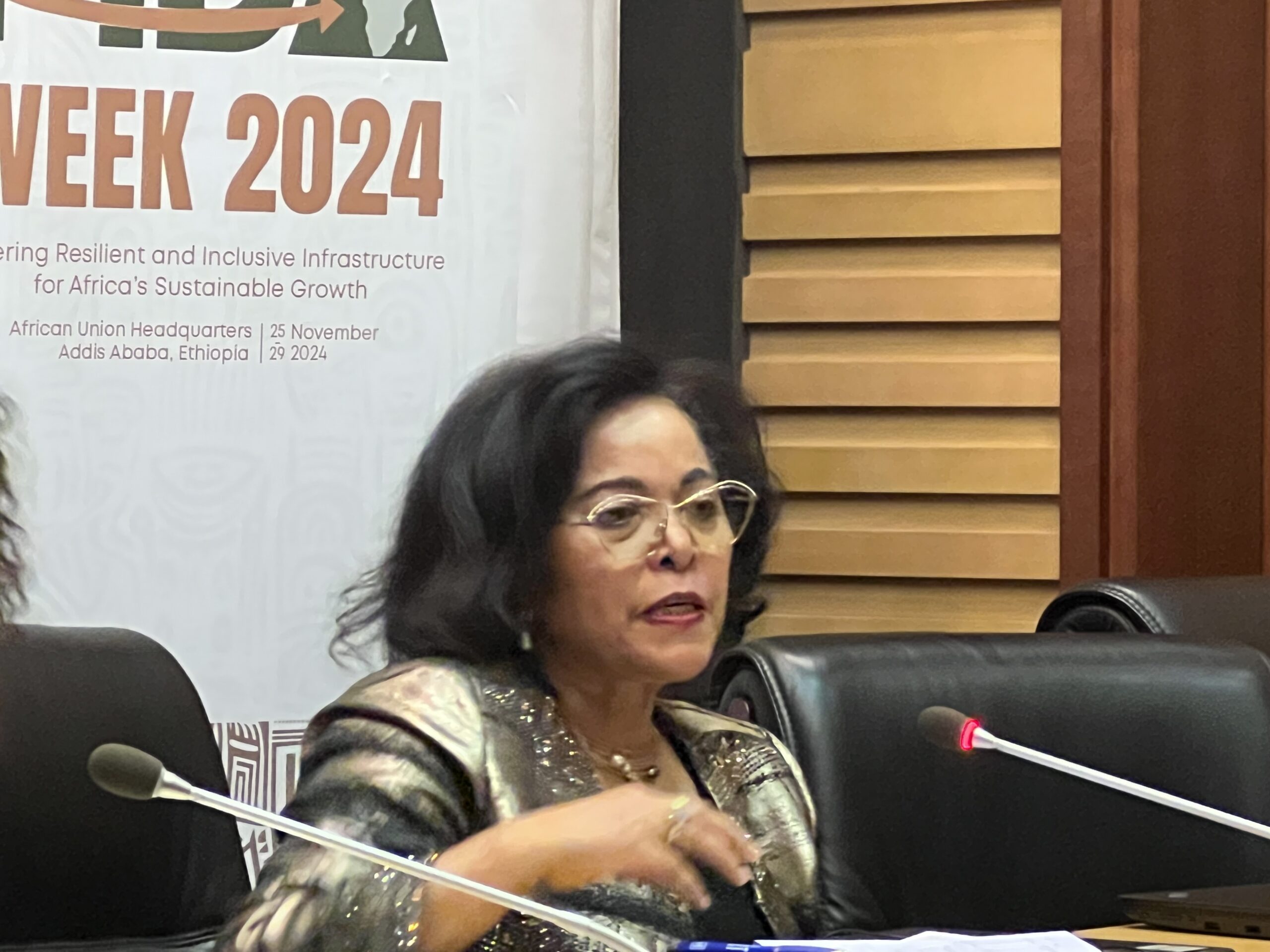

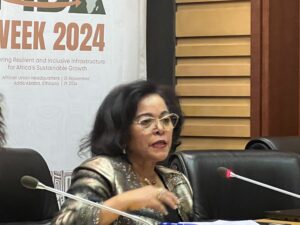
The Programme for Infrastructure Development in Africa (PIDA) says it has been able to mobilize only $82 billion of the $360 billion it has set for investments in infrastructure on the continent.
While PIDA has made notable strides, providing electricity to over 30 million people and creating 160,000 jobs, has made progress in implementing the second Priority Action Plan of the PIDA programme, including the modernization and establishment of One-Stop Border Posts, essential for enhancing regional connectivity and trade – a substantial gap of the required funds remains, with only $82 billion mobilized against the $360 billion required to achieve PIDA’s goals by 2040.
In a communique issued at the end of the 8th PIDA Week in Addis Ababa, Ethiopia, and copied to Ghana Business News, the organisers say the Week concluded on November 29 with a resounding reaffirmation of the continent’s commitment to building quality, resilient infrastructure that will accelerate sustainable development and regional integration.
During the week key PIDA regional projects were showcased with a view to benchmarking and accelerating implementation. These included the Lamu Port-South Sudan-Ethiopia-Transport (LAPSSET) Corridor, a flagship project aimed at enhancing connectivity and trade in Eastern Africa by linking Kenya, Ethiopia, and South Sudan through highways, railways, a deep-sea port at Lamu, and other vital infrastructure, with an estimated cost of $25.5 billion.
Other notable projects included the Cameroon-Chad Railway, the Maritime Connectivity of the Comoros Islands, the Abidjan-Lagos Corridor, Transborder Submarine Fiber PoPs, and the Regional Smart Hub Facility and Data Center. The Regional Express Train and Rapid Transit Bus projects, which aim to address urban mobility challenges in Grand Dakar, were also discussed, along with updates on the Cairo-Cape Town Corridor.
“Despite our achievements, persistent challenges in financing, risk perception, and project bankability hinder Africa’s infrastructure ambitions,” said Mrs Nardos Bekele-Thomas, CEO of AUDA-NEPAD.
She called for a focus on innovative financing mechanisms, such as blended finance and public-private partnerships, to close the gap.
Further accentuating this concern H.E. Dr Amani Abou-Zeid said infrastructure and energy highlighted 3% of PIDA project funding has been sourced from the private sector, compared to 16-19% in other regions, adding “It is crucial that we examine the underlying reasons for this gap and explore potential solutions to boost private sector participation moving forward. It is important to deploy all the efforts required to mobilise further public resources.”
The event underscored the critical importance of infrastructure as a foundational pillar for achieving Agenda 2063’s aspirations, particularly Goal 10, which envisions “World-Class Infrastructure criss-crossing Africa.” While officially opening PIDA Week, the Ethiopian President, H.E. Taye Atske Selassie called for renewed commitment to PIDA and emphasised the importance of harmonised policy, partnership and finance. The President singled the power of digital technology and when harnessed could magnify Africa’s potential to revolutionise trade.
H.E. Moussa Faki Mahamat, Chairperson of the African Union Commission, emphasized, “Infrastructure is the cornerstone of Africa’s integration and development. We must leverage partnerships and embrace infrastructure as a high- value asset class to unlock funding from pension funds, sovereign wealth funds, and multilateral development banks.”
The post PIDA mobilizes only $82b of $360b target for infrastructure development in Africa appeared first on Ghana Business News.
Read Full Story
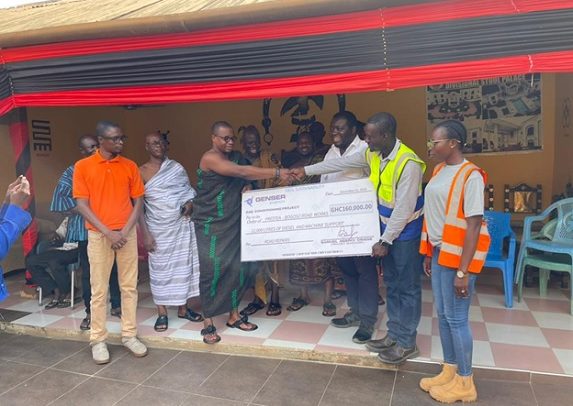





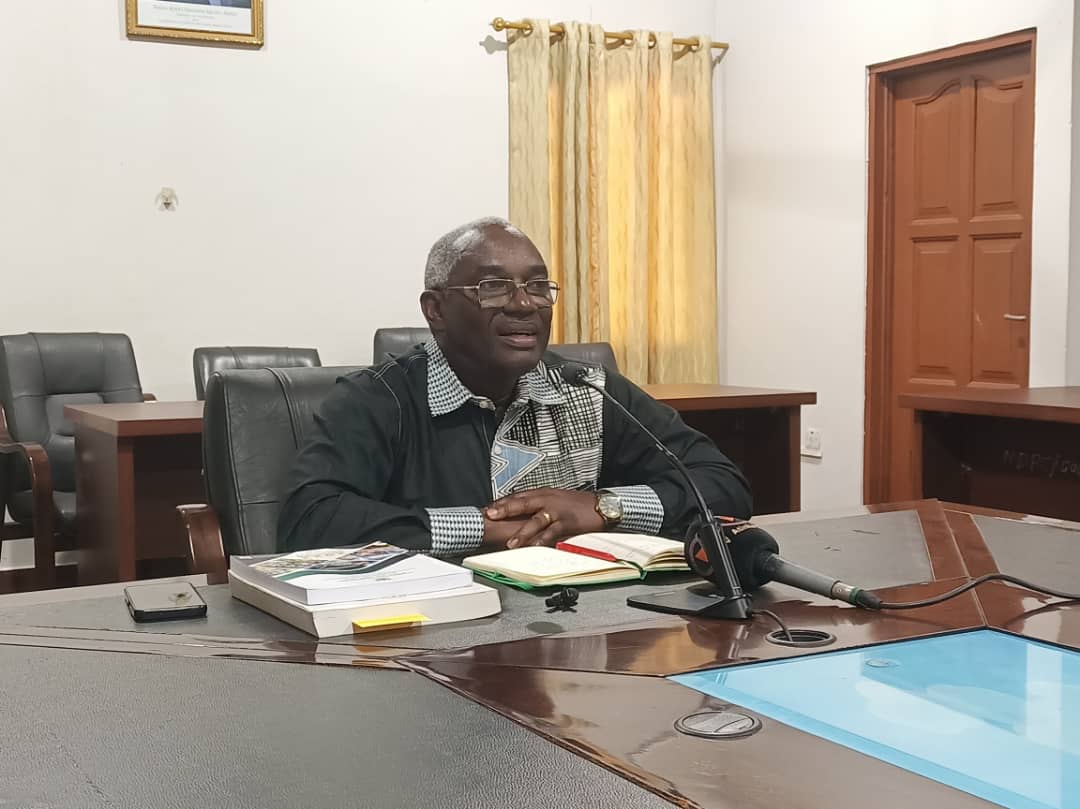
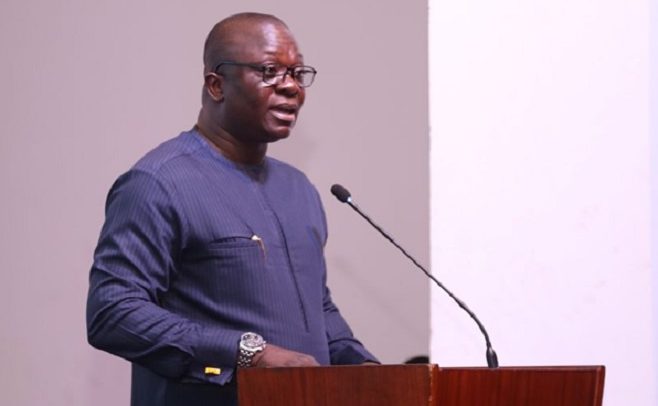

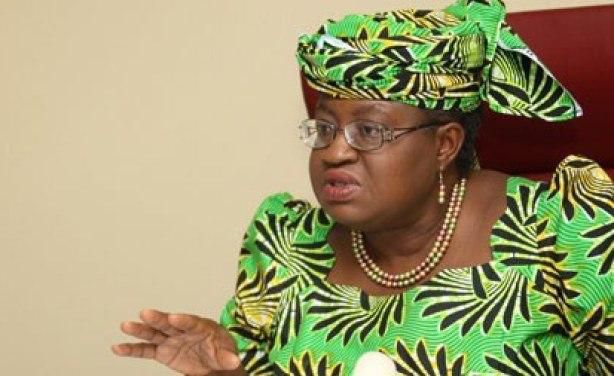




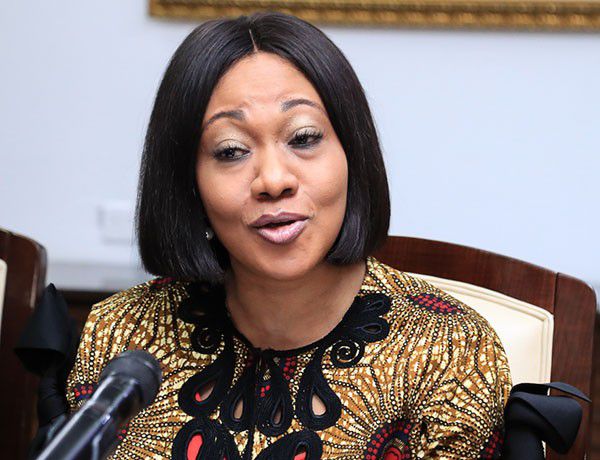








Facebook
Twitter
Pinterest
Instagram
Google+
YouTube
LinkedIn
RSS